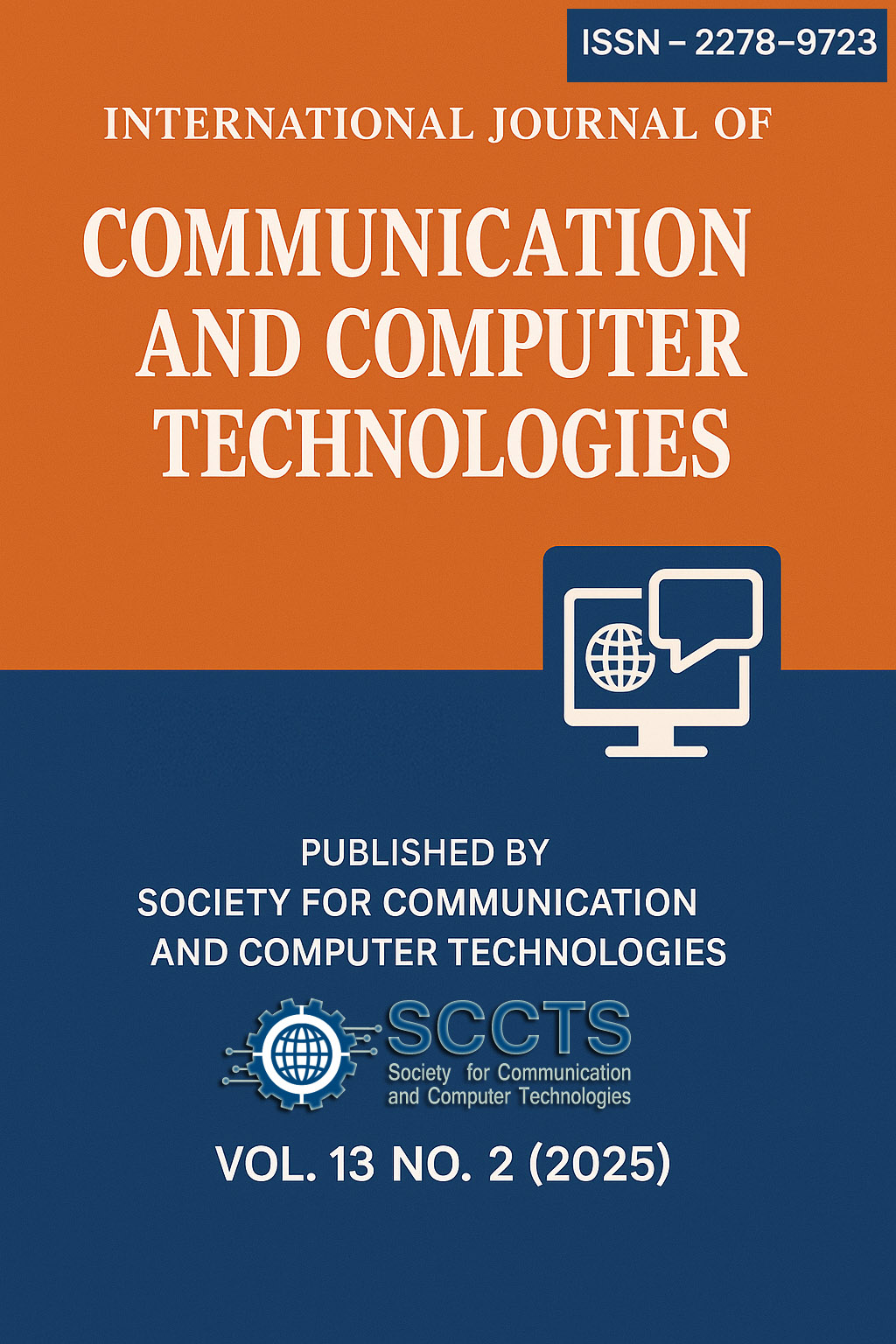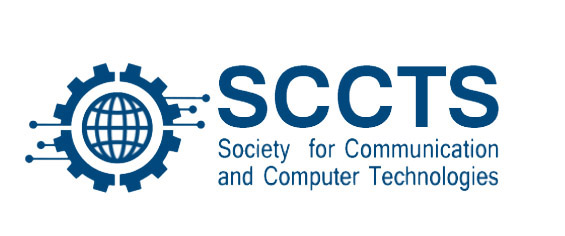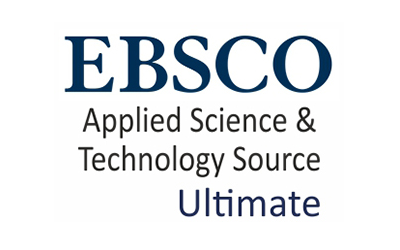AI-Assisted Brillouin-Based Distributed Temperature and Strain Sensing in Hybrid Polymer-Silica Optical Fibers for Harsh Environments
DOI:
https://doi.org/10.31838/IJCCTS.13.01.04Keywords:
Microwave photonics, Brillouin sensing, Polymer optical fibers, AI signal processing, Integrated optics, Optical sensors, Hybrid fiber systemAbstract
As a long-range, high-resolution monitoring technique of industrial and structural applications, distributed temperature and strain sensing (DTSS) based on Brillouin scattering has gained increasing attention. However, due to their superior spatial resolution, polymer optical fibers (POFs) suffer from poor performance in harsh environments where silicon fiber cannot be used, due to their susceptibility to environmental degradation, and poor thermal and strain cross sensitivity. Existing sensing cannot achieve higher sensitivity and higher rejection of sensing faults than optical fiber-based sensing technology due to intrinsic losses in the optical fibers and the susceptibility of the sensing head to vibration driven shock and fatigue failure, as opposed to mechanical fiber-based sensing technology. This study proposes a novel hybrid sensing architecture by combining alternating segments of polymer and silica optical fibers with an AI-enhanced Brillouin signal processing framework using Bidirectional Long Short-Term Memory (BiLSTM) neural networks. Using data driven modeling, the proposed system successfully decouples the temperature and strain induced Brillouin frequency shifts allowing for accurate, but real time multi parameter estimation. This is experimentally validated over a 50-meter hybrid fiber with temperature accuracy of ± 0.2 °C, strain resolution of ± 20 με, and spatial resolution of 2.5 cm with 45 % reduction in cross sensitivity to entropy. Moreover, the system operated in more stable way in the diagenetic conditions. To conclude, the proposed AI assisted hybrid fiber sensing turns out to be robust and scalable solution for distributed sensing in microwave photonic and optoelectronic systems under harsh environment.
Downloads
Published
How to Cite
Issue
Section
License
Copyright (c) 2025 International Journal of communication and computer Technologies

This work is licensed under a Creative Commons Attribution-NonCommercial-ShareAlike 4.0 International License.









 The articles in Worldwide Medicine are open access articles licensed under the terms of the
The articles in Worldwide Medicine are open access articles licensed under the terms of the 